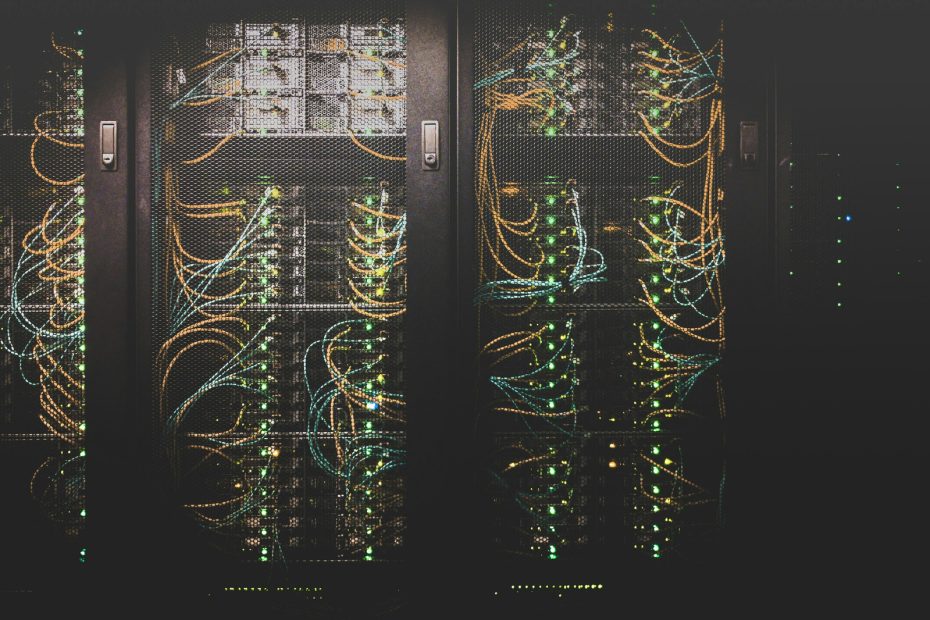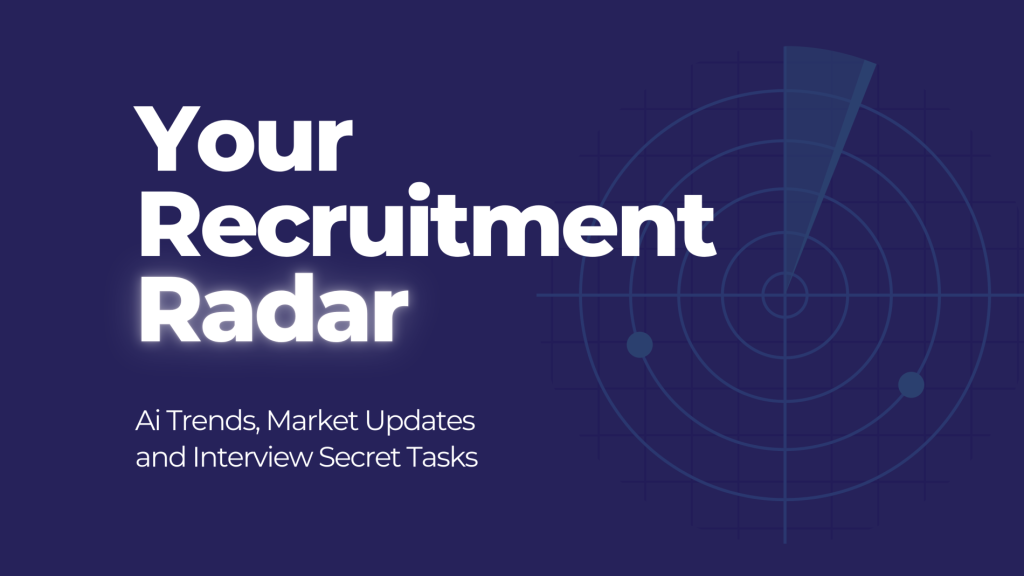The demand for Data Centres continues to rise on a global scale.
Recorded at the end of 2023, there were just short of 11,000 data centres worldwide – 33% attributed to the US, 15% in Europe and 10% in China.
There are no signs of the growth in data centres slowing either, with a report published by McKinskey & Company predicting that Data Centres will grow by 10% every year until 2030, equating to global spend on facilities hitting a staggering $49million.
So, as the number of Data Centres continuing to rise, we explore three trends that are contributing to this growth, the impact that they’ve had on 2024 so far, and what we can expect to see from this industry during the rest of the year; opportunities, challenges and areas for development.
Sustainability
There is no doubt that sustainability is becoming a top priority for all businesses worldwide, but for data centres, this has quickly become their top priority.
The world’s consumption of data has massively spiked over the previous years, brought on by the pandemic accelerating the digital lifestyle that we now all live, with this set to be the new normal for the foreseeable.
As data centres store, move, process and anaylse the data that we use on a daily basis, the impact this has on the environment must be considered.
When building the centres, great efforts are now being focused on reducing the impact they have on the environment, whilst maintaining their efficiency and reliability in processing and store data. Although many may think that Data Centres exert huge amounts of energy, they in fact equate to 2% of the world’s energy consumption which is around the same as the Aviation industry.
Whilst the data centre industry is trying to improve its sustainability, and as we already mentioned this is their primary focus, it still remains the industry’s biggest challenge that is faced by all individuals working in it; from developers to contractors and clients.
One way in which sustainability is being considered is by investing in energy-efficient commercial chiller equipment that offers competitive energy performance and proven reliability.
What does this mean for you?
Every stage and aspect of a data centre – from planning and construction to maintenance – must be carefully considered to improve its sustainability; From building new centres to optimising ones already existing.
Do the people in your team have appropriate knowledge regarding sustainability in order to support the development of this?
What talent would advance the development of this in your project team?
Power
Another critical element affecting Data Centres this year is Power.
Or should we say, a lack of it.
AI has taken the world by storm. It’s demonstrated that it can improve efficiency, push creativity and increase automation, to name a few.
- 22% of firms are integrating AI across a variety of technology products and business workflows.
- The global AI market size was valued at $207 billion in 2023.
- The market is expected to be worth $407 billion by 2027.
But with this technology only set to continue to grow and be incorporated into more of our lives, data centres are unable to keep up with the power that this technology requires.
In fact, AI is expected to be a major factors in rising global technology consumption in the coming years, with it reaching 60% by 2023.
For data centres, this means having to meet power requirements ranging from 300 megawatts to 500 megawatts, causing a dramatic shift in site selection and day-to-date management.
What does this mean for you?
If you work in the data centre industry, you’ll be aware of how the increase in technology is affecting the daily operations of data centres. They’re under increasing levels of strain as demand is expected to more than double by 2030. With a large proportion of the global data infrastructure in poor condition, and nearly a decade old, the need to update and develop data centres is paramount. Engineers, Managers and those working in operations will need to analyse and strategise how to develop and enhance data centres in order to keep up with power demands.
Do you have the experience in your teams needed to execute upcoming projects?
Would it be beneficial to seek Contractor support to meet demand?
Experience Shortages
It’s no secret that data centres have struggled to find and retain enough qualified and experienced staff over the past few years.
Largely brought on by the pandemic in which 70% of managers reduced their on-site staff, the industry has struggled to recover and rebuild its workforce back to once it once was.
Since then, 50% of data centre operators state that they are still struggling to hire appropriate employees. This challenge has since reflected on the quality of service the industry provides and is having a knock on effect to multiple other aspects. The diversity of workforce has also become a concern, with a lack of women being hired in the market. More than three-quarters of operators report that they employee around 10% or less women.
The strong demand for skills is outstripping supply and is exacerbated by companies competing in a small pool of experienced employees.
What does this mean for you?
If you are a manager needing to increase your team, whether that be in operations or engineers, widening your hiring resource tools is a must. Recruitment agencies that specialise in Data Centre recruitment will have a database of candidates – whether that be permanent or contract talent – for you to be introduced to almost immediately. At V7 Recruitment, we have specialist team of consultants who do just that! Meet our Data Centre team here.
Similarly, if your looking to secure your next role in this industry but are struggling to find a suitable role, get in touch with V7!
Due to the demands that the industry is facing right now, internal recruitment processes can be a little slow at times. By partnering with a recruitment agency, you feel confident in knowing that someone has you ‘back’ in making the process as quick, efficient and successful as possible! Explore our latest data centre job opportunities here.




